Sports documentaries: Five to watch on iPlayer in lockdown
- Published
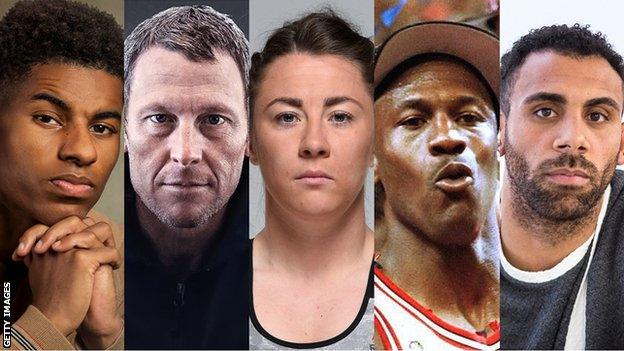
We're here to see you through lockdown three
So here we are again. And we can't even call the lockdown unprecedented this time.
The good news is there's a lot to dig into on BBC iPlayer. Here are five sports documentaries you need to watch.
Marcus Rashford: Feeding Britain's Children
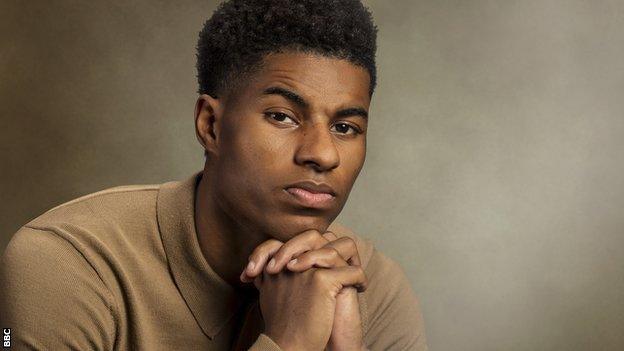
Go behind Rashford's campaign on child food poverty
This programme takes you deep inside the Manchester United striker's campaign to tackle child food poverty.
The BBC spent several months with the 23-year-old and his family, as they raised money and put pressure on the government to provide free school meal provision for children during lockdown and the school holidays.
Rashford’s mum says she worked three jobs, but still couldn't afford to feed herself sometimes
In one scene, which underlines his impact, Rashford takes a call from Prime Minister Boris Johnson. In another, we join him as he goes back to his primary school.
We also get to meet Rashford's mum, Mel, and his brothers, who help give an insight into his life growing up, and why the issue of food poverty is so important to him.
One Man And His Shoes
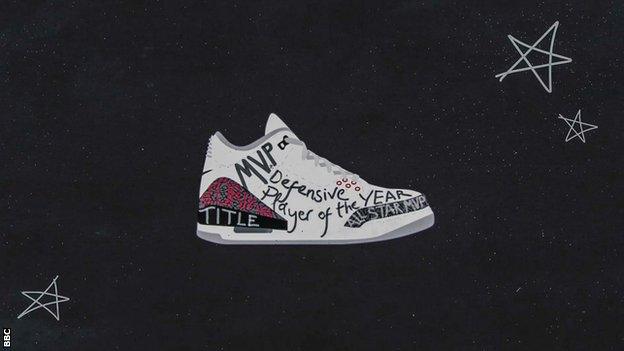
A story about sport, fashion, music and consumerism
This programme tells the story of the rise of sneaker culture, and its darker side.
Allow X content?
This article contains content provided by X. We ask for your permission before anything is loaded, as they may be using cookies and other technologies. You may want to read X’s cookie policy, external and privacy policy, external before accepting. To view this content choose ‘accept and continue’.
Anyone who watched The Last Dance during the first lockdown will remember how Michael Jordan signing a sneaker deal with Nike, then a relative upstart in basketball, sparked a revolution.
The Air Jordan 1 came out in 1985. By 1986, Nike had sold $100m (£73.5m) of Air Jordan shoes and products. And just last year, a pair of autographed sneakers from 1985 sold for a record $560,000 (£463,000) in an online auction.
Yemi Bamiro's documentary tells the story of how Air Jordan launched sneaker culture, with iconic adverts made by director Spike Lee. Contributors including Nas and Justin Timberlake recount how the shoes became synonymous with not just basketball, but also hip-hop and streetwear.
However, there's a darker side. Limited-edition one-offs create high demand, and Bamiro highlights the case of 22-year-old Joshua Woods, who was murdered in 2012 for a pair of Air Jordans.
Anton Ferdinand: Football, Racism And Me
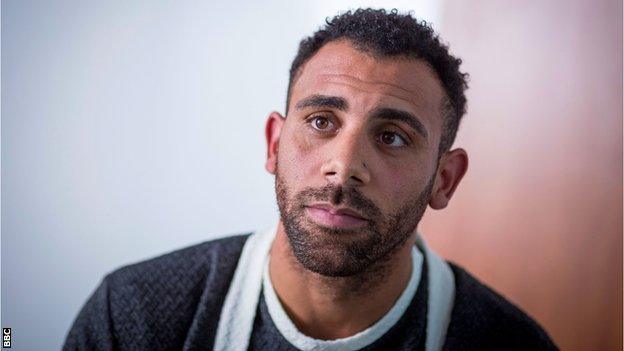
Anton Ferdinand lets viewers in on his pain
"I just felt like it was the right time to speak. I'd carried the burden of not speaking for nine years."
Almost a decade after being at the centre of a Premier League racism storm, retired footballer Anton Ferdinand talks publicly about the incident for the first time.
Brothers Anton and Rio Ferdinand discuss racism from their childhood
At the time, Ferdinand remained silent, trusting the authorities. But in this candid and very emotive film, the 35-year-old talks of his guilt over not speaking out.
"I still carry that feeling of letting people down," he tells a therapist. "That eats away at me more than anything."
Ferdinand reveals the horrific abuse he received in the aftermath, including being sent bullets in the post, and how he wants to help future generations.
"I've got my voice back," he told us. "And I'm using it in the right way."
Lance
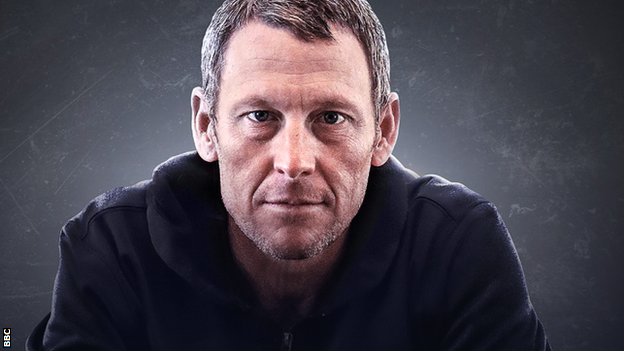
Do not expect much contrition
Everyone knows the story of the Lance Armstrong doping scandal.
Between 1999 and 2005, Armstrong won the Tour de France seven times. After recovering from cancer.
But, in 2012, he was stripped of those titles by cycling's governing body after being found to have taken performance-enhancing drugs.
Allow X content?
This article contains content provided by X. We ask for your permission before anything is loaded, as they may be using cookies and other technologies. You may want to read X’s cookie policy, external and privacy policy, external before accepting. To view this content choose ‘accept and continue’.
In this two part-series, taken from hours of interviews with the man himself, Armstrong remains almost defiant as he talks about the lies and cheating.
We get an insight into what created this self-assured force of nature, with scenes showing how hard his father pushed him as a child. When we learn about him forging his birth certificate at 16 to enter his first triathlon, it's an early indication of a man who was driven to succeed by any means from a very young age.
Armstrong combatively calls out what he sees as the hypocrisy of cycling, arguing doping was ingrained within the sport when he started out.
"I wouldn't change a thing," he tells director Marina Zenovich at one point.
Inside The Cage: The Rise of Female Fighters
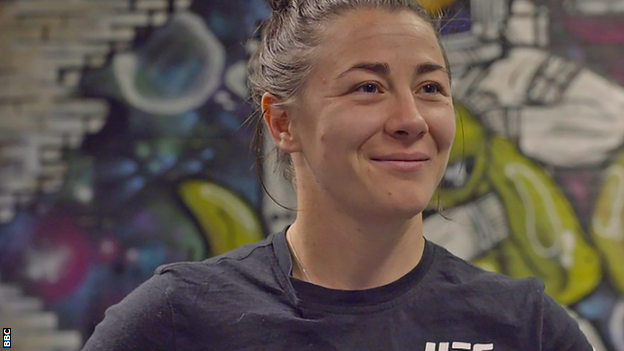
Molly McCann says she's a working-class hero
In this film, Annie Price investigates the rise of British women in mixed martial arts.
Allow X content?
This article contains content provided by X. We ask for your permission before anything is loaded, as they may be using cookies and other technologies. You may want to read X’s cookie policy, external and privacy policy, external before accepting. To view this content choose ‘accept and continue’.
We see Molly McCann's journey towards her first UFC fight in the United States in June 2019. With a punishing training regime of six hours a day, six days a week and health-threatening weight cuts, we get a sense of the dedication needed to make it.
McCann also lets viewers in on her tough upbringing and what it would mean to be able to have financial security.
"I won't stop until I've bought my mum a house," she says.
The film also follows two other female fighters - 18-year-old Shanelle Dyer, who competes at amateur level and wants to escape the violence of her west London surroundings, and 19-year-old Cory McKenna - a straight-A student turned full-time fighter.

Sir Paul McCartney chats to Idris Elba: The music legend reveals his writing process and most-loved songs
The Cipher: Can you crack it? Thrilling new drama that will keep you gripped
